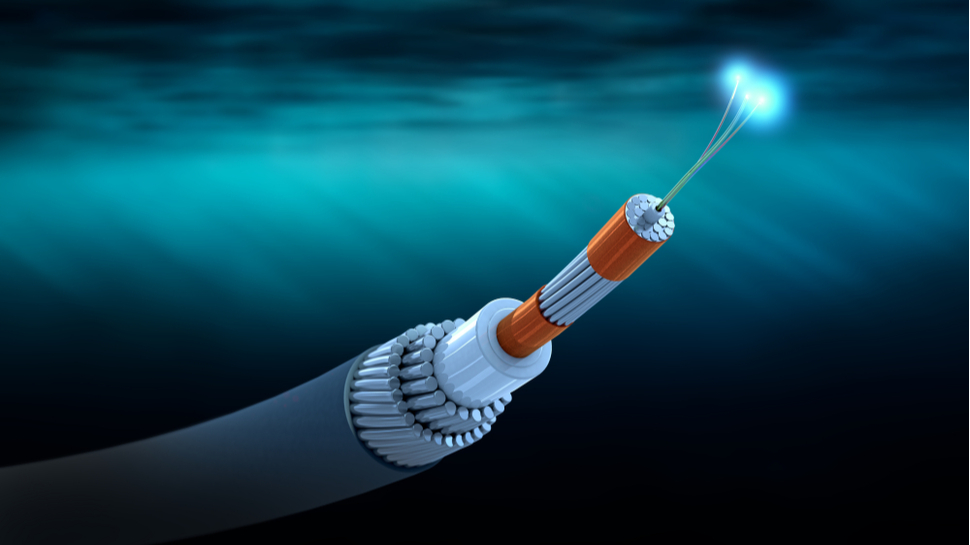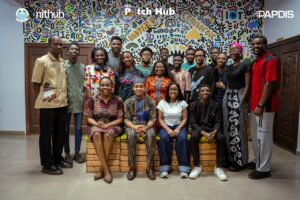Africa’s internet infrastructure suffered a huge blow yesterday, when multiple internet connectivity providers suffered outages following submarine cable cuts to major subsea operators, specifically Seacom, MainOne and the West African Cable System (WACS).
Seacom, a South African internet connectivity operator, owns a 17,000 km submarine cable connecting South Africa, Kenya, Tanzania, Mozambique, Djibouti, France and India. The company told its customers that it is experiencing a service-affecting outage via the West African Cable System, a submarine network. MainOne, a major digital infrastructure company serving several countries in West Africa, also suffered an outage due to a fault localised to its subsea cable system, offshore the coast of West Africa, which affected other cable systems. In a statement, the company acknowledged this incident is disrupting international connectivity and internet services to countries across West Africa.
While 8 West African countries are believed to be affected, including Ghana, Nigeria, Cameroun, Ivory Coast, Liberia, and Benin, South Africa also took a hit, from Seacom’s outage, causing disruptions to business and financial services across the continent.
Microsoft’s services: Azure and Office 365 were not available for hours. Microsoft’s Cloud platforms are hosted out of its hyperscale data centers in South Africa. In a statement, Microsoft stated: “Starting at 10:30 UTC on 14 March 2024, customers using Azure Services in South Africa North and South Africa West may experience increased network latency or packet drops when accessing their resources.”
“The combination of incidents has impacted all Africa capacity, including other cloud providers and public internet as well,” the company added.
In a statement, MainOne assured its stakeholders that is securing restoration capacity with partner providers, while it provides updates on its efforts to repair its submarine cable. “We want to assure our customers that all hands are fully on deck to repair the cable and restore all services and the MainOne quality that you have come to rely on”, the statement said.
Barely four weeks ago, three vital subsea cables in the Red Sea that are crucial for global internet and telecommunications were severed. The cables, Asia-Africa-Europe 1, Europe India Gateway, and Seacom, are believed to have been damaged by Houthi terrorists.
The disruptions to critical subsea cables serve as a stark reminder of the urgency to fortify our digital infrastructure. These cables are the lifeblood of the modern internet, connecting continents and enabling global communication and recent outages indicate how vulnerable our interconnected world is to physical damage. The financial cost of yesterday’s downtime is yet to be quantified.
According to TeleGeography, a research firm that builds and maintains massive data sets that are used to monitor, forecast, and map the telecommunications industry, the most frequent cause of subsea cable outages are human activity. Unintentional damage from fishing vessels and ships dragging anchors account for two-thirds of all cable faults, while environmental factors such as earthquakes also contribute to damage.

Africa’s digital infrastructure – subsea cables, cell towers, fiber cables and data centers – deserve recognition as critical infrastructure demanding robust protection from all stakeholders and building redundancy and resilience into Africa’s digital backbone is no longer optional.
Governments across Africa have a crucial role to play in collaboration with private companies and international organizations. Increased investment in digital infrastructure development, coupled with stricter regulations to protect subsea cables, is essential to ensure Africa’s participation in the global digital economy.
This is a developing story.





